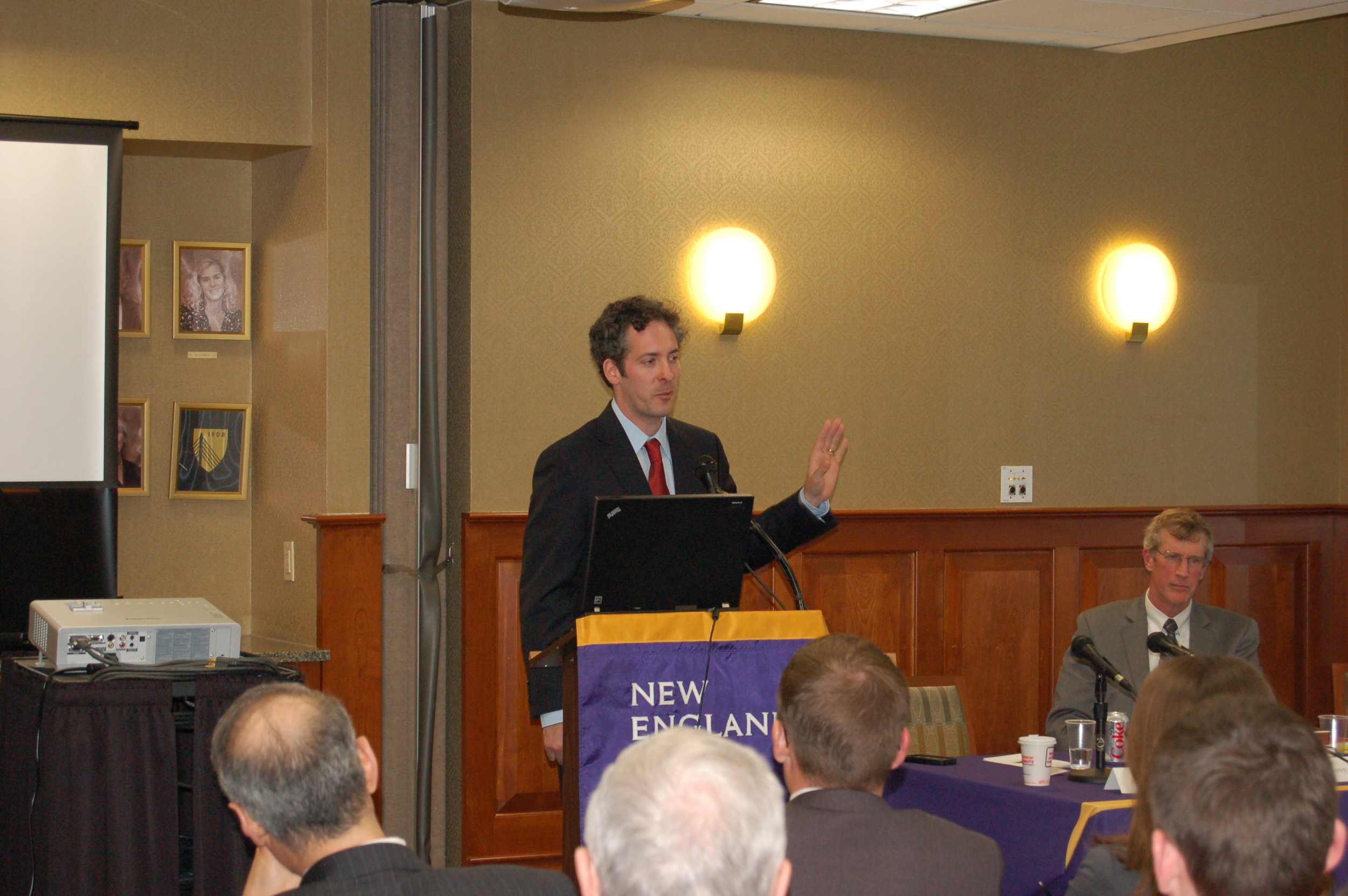The Associated Press ran a story about how Innocence Projects and defense attorneys are challenging arson convictions based on advances in science that disprove past methods of determining whether fires were due to natural causes or arson. For example, for years fire investigators were taught that if a fire burned particularly hot, it indicated the presence of an accelerant, suggesting arson. After a series of experiments were conducted in the 1990s, experts learned that in fact, fires can reach flashover (when all combustible surfaces ignite at once) and burn very hot in just four minutes without the presence of accelerants. Despite the experiments of the 90s, it has taken some time for changes to be implemented in fire investigations across the country. The article highlights NEIP exoneree James Hebshie, who was freed in late 2010 after serving four years, after experts ruled out arson as the cause of fire in his case.
The Los Angeles Times also ran a story this week about a court mandated three-day hearing examining the evidence of innocence in an arson case in Modesto, California. George Souliotes was convicted of starting a blaze in a rental home that he owned which killed three tenants in 1997. Fire experts have called into question some of the evidence used in securing the conviction. Steven Carman, who has investigated fires for 20 years, stated that the evidence against Souliotes was, “a laundry list of things we used to believe broadly in this profession that have since been widely discounted.”
Last Friday, a Pennsylvania Court agreed to examine what amounts to new evidence in the case of Han Tak Lee, who was convicted of setting a 1989 fire that killed his daughter. John Lentini, who also testified in support of NEIP exoneree James Hebshie, wrote a detailed affidavit stating that Mr. Lee’s conviction rested on outdated an unreliable beliefs about arson. Mr. Lee may have a chance to win his freedom after the Court ruled on Friday to re-examine his case.
Our evolving knowledge of fire science has lead to a dramatic drop in the percentage of fires classified as arson. In Massachusetts in the early 1990s, 15-20% of fires were classified as arson. In 2009, that number was 1.6%. Despite this drop, many people were convicted of arsons before the experiments of the 1990s, begging the question: how many innocent people are currently sitting behind bars, convicted of starting fires that they did not set?
For more information about evolving arson science, check out the November issue of Discover Magazine.




